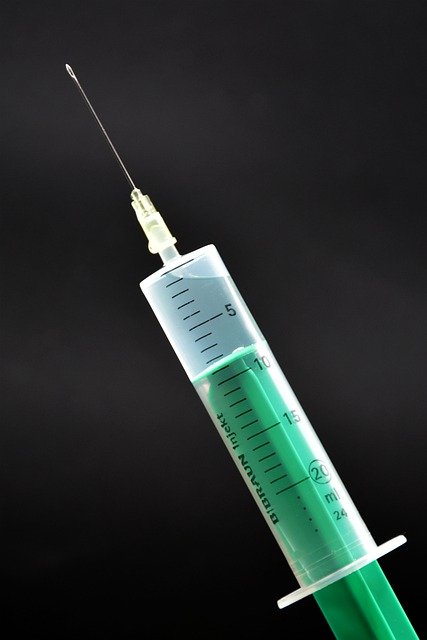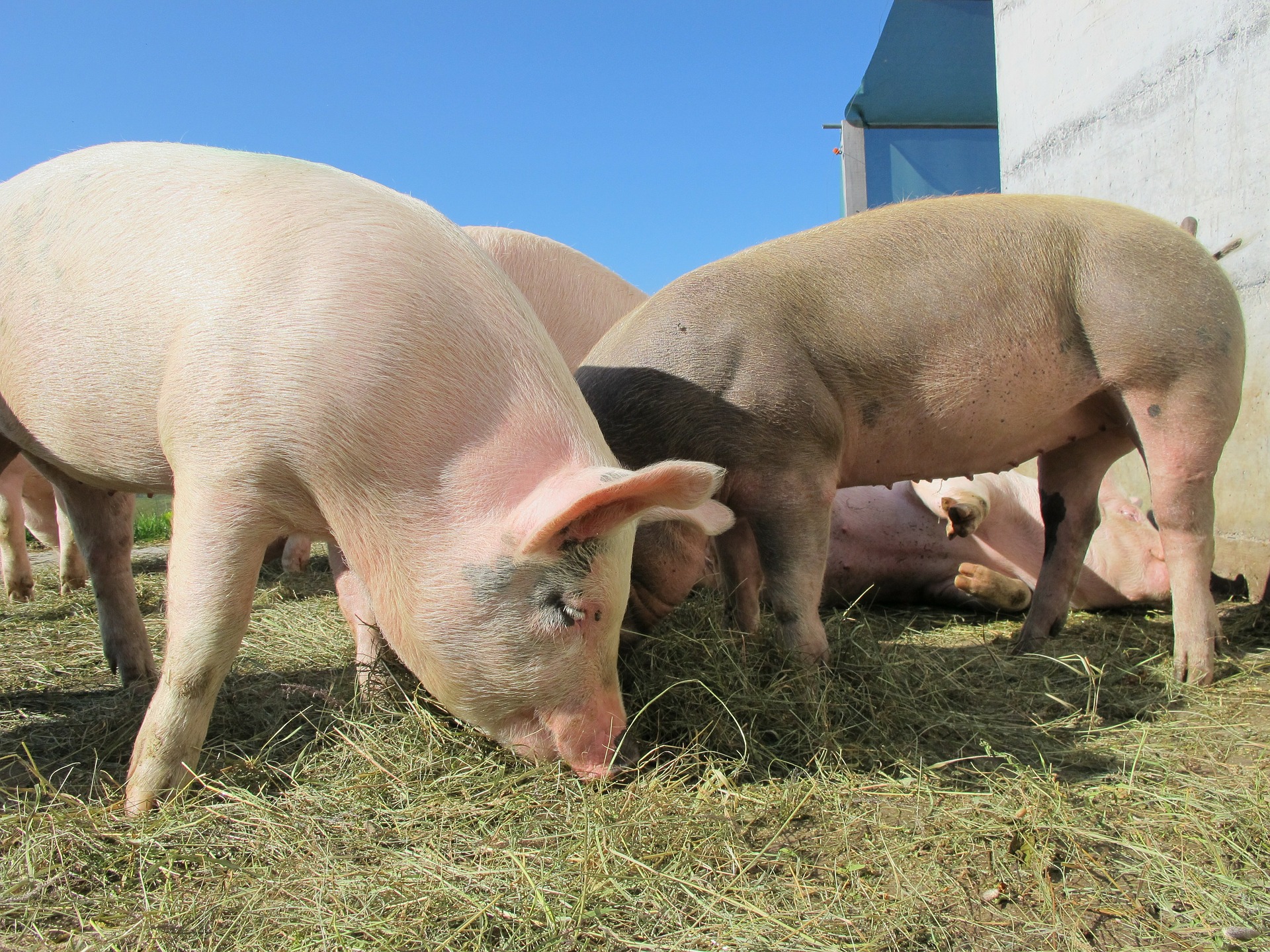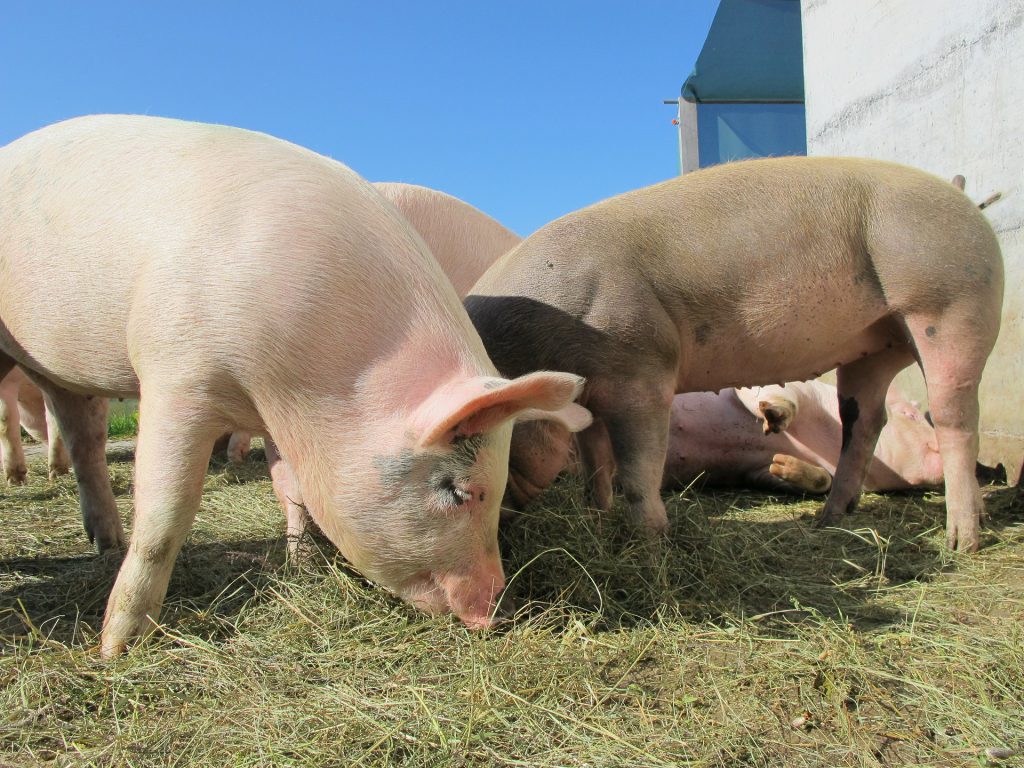
Feed Additives as Solutions for PRRS (Blue Ear Disease)
What is PRRS? How does it affect the pig farming industry?
PRRS is a well-known viral disease in the world second only to African swine fever. This disease has a tremendous impact on the pig livestock industry. If sows are unfortunately infected with PRRS, reproductive disorders are inevitable. They are also very likely to abort in the later stages of pregnancy, or stillbirths may be absorbed in the fetus. The production of piglets has always been troubled by the PRRS disease. Over time, the annual production rate will also be significantly reduced. Severe respiratory diseases and immunosuppression will be seen on piglets if they are infected with PRRS, resulting in vaccine failure and multiple infections. If the symptoms are mild, the pigs grow slowly, increasing the cost and risk. When PRRS gets serious, a large number of pigs will die and cause heavy losses to the farmers. PRRS is an infectious disease in pigs that affects the performance of pastures. The ImmuniVAP feed additive can help farms reduce the impact of PRRS virus on pigs. By enhancing the immune system’s autonomous protection function, it can slow down the spread and infection of PRRS virus, protecting the efficiency of pig farms and the assets of farmers.
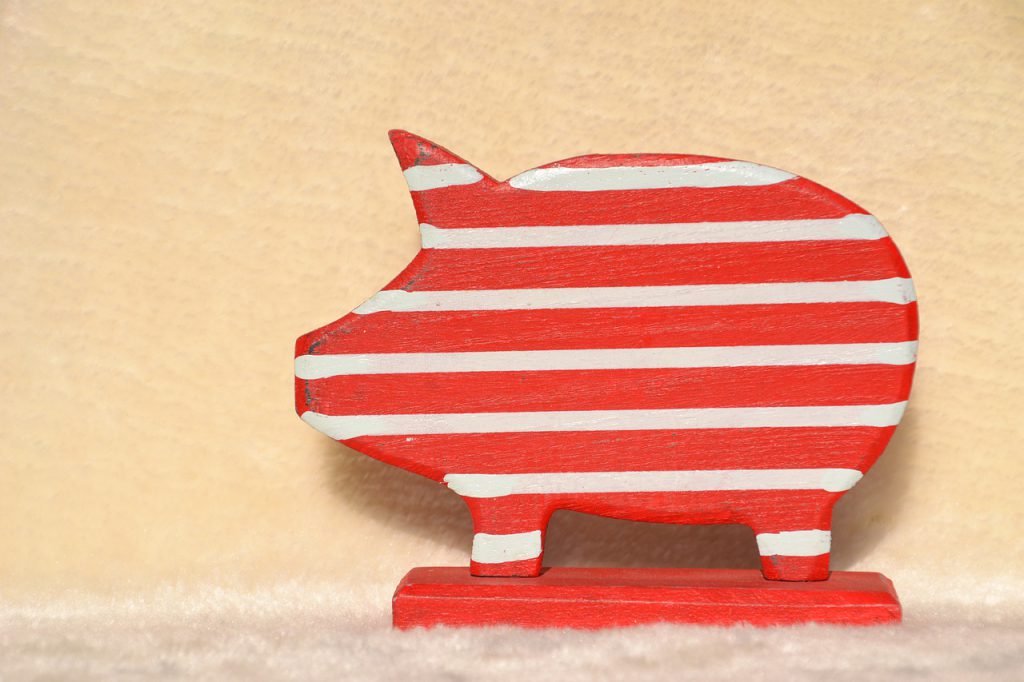
What are the routes of PRRSV infection?
When dose PRRS occur mostly in a year?
Temperature change could cause cold or heat oppression. -When changing the breeding environment, the oppression of space and growth would also cause an impact on the pigs. During the breeding season, there is the oppression of fertility.
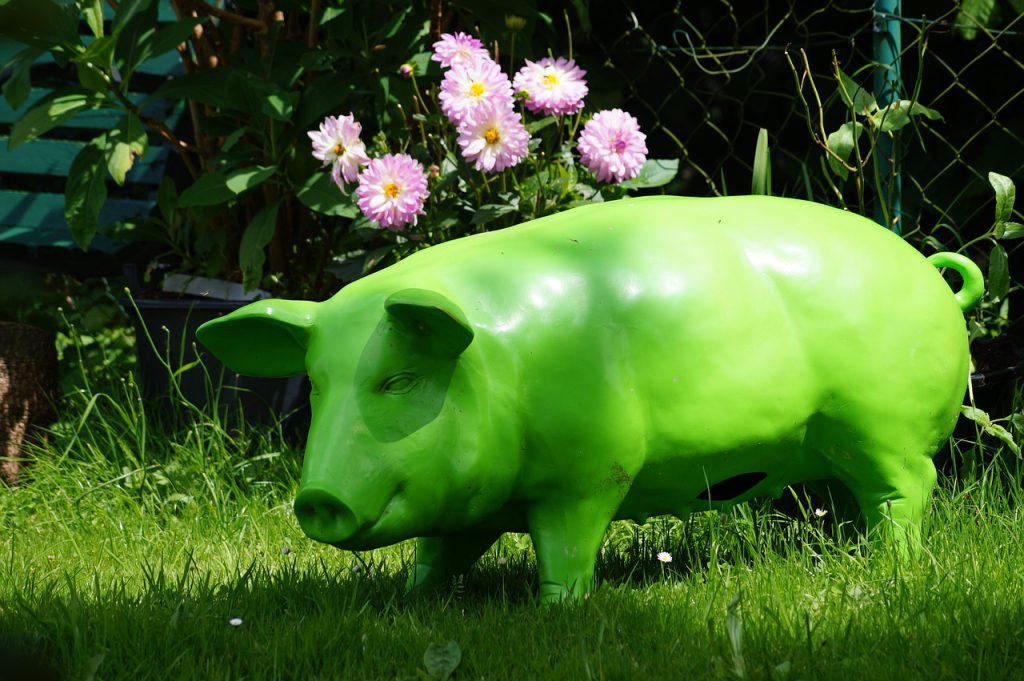
What impact does PRRS have on the Animal Farming Industry?
Be the frontier of the immune system for pasture biosafety: The use of ImmuniVAP feed additives can delay the spread of disease, reduce the number of disease outbreaks, maintain overall health, and greatly reduce the risk of losing assets due to viral diseases. Improve pasture efficiency: improve daily gain, litter size, egg production rate, feed-to-meat ratio, feed-to-egg ratio, and fertility rate. Enhance the effectiveness of vaccines and reduce the use of antibiotics and other drugs.
Are there strategies for PRRS in the livestock industry at present?
Access control: external vehicles and staff Do not use the same needles, scalpels, and instruments on different swine herds Environmental disinfection: Disinfection when people enter or leave the barn Regular disinfection of aisles and vacant pigpens Pigs enter and leave in the same batch along with multisite production Do not introduce foreign pigs and semen at will
Vaccine measures including:
- The PRRS vaccine aims to improve the resistance of pigs to PRRS so that herd immunity can be expected
- Avoid the spread and repeated infection of PRRS virus in the pig herd The above are the current measures against PRRS.
Do the strategies for PRRS work? Is there any better solution toward this horrible disease?
Pig farm owners have been dealing with PRRS through BIOSESURITY and VACCINES for decades. Are these efforts really contribute to positive results to resist PRRS? SenMu would like to also launch a discussion in terms of biosecurity and vaccines:
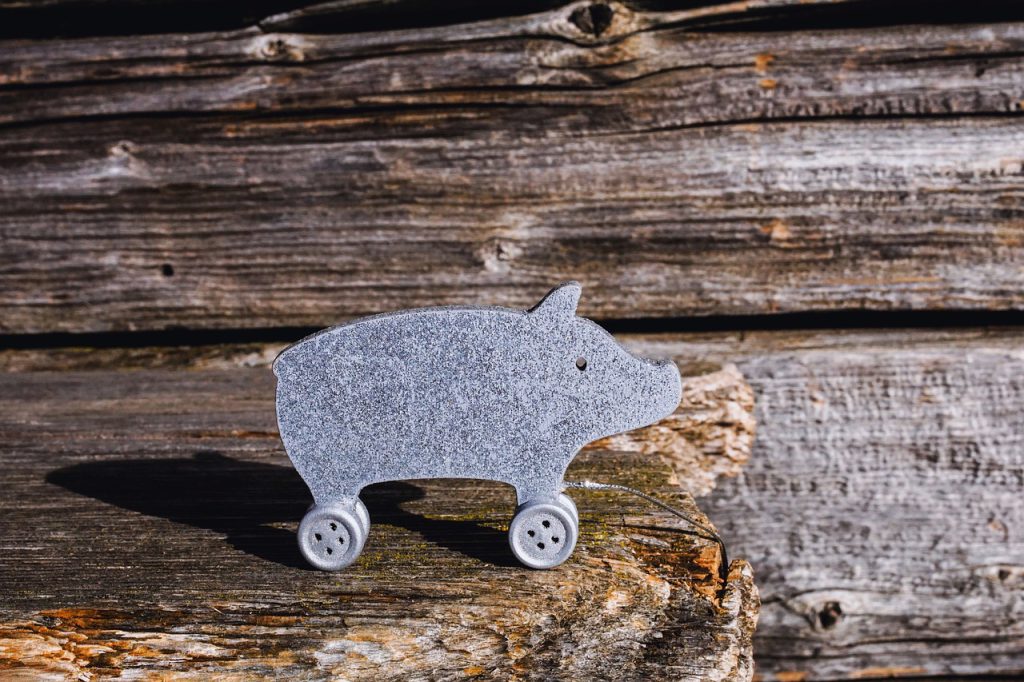
As long as there is the flow of people, feed, air, mice, birds, etc., everything may become a channel for virus transmission Once the virus enters the pig body, it cannot be removed by disinfection – The replication, detoxification, cluster infection of the virus continues in the hosts, resulting in significant losses At this time, the external biosecurity has been broken through. If there are no advanced measures to prevent on-site infection, it will be futile to prevent and control viral diseases in any case
The development of ImmuniVAP feed additive is to solve this hard-core problem! Almost all viruses invade and infect animal bodies through the mucous membrane. If the protection can be built from the mucous membrane, it is equivalent to producing a solid invisible shield for biological safety. ImmuniVAP feed additive can help the pigs’ immune system to initiate mucosal immunity at the very beginning when the virus invades. With daily intake of ImmuniVAP feed additive , a huge amount of IgA antibodies that target the PRRS virus can be generated in the mucosal layer. This antibody exists in the mucosa of animals, which can effectively neutralize the PRRS virus. Therefore, the virus cannot cause infection through the mucous membrane. If there is no infection, pigs will not get sick and contagious.
After vaccination, ImmnuniVAP feed additive can stimulate the production of antibodies and reduce the risk of the window period. When the virus mutates, ImmuniVAP feed additive helps the immune system to recognize the virus on the spot, thereby producing targeted antibodies to protect pigs Reduce adverse reactions caused by vaccination
